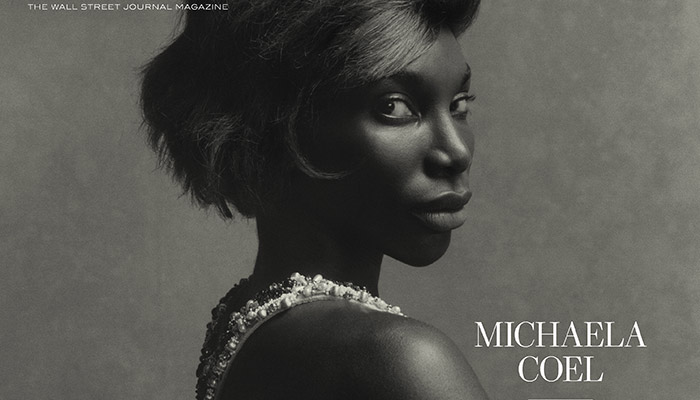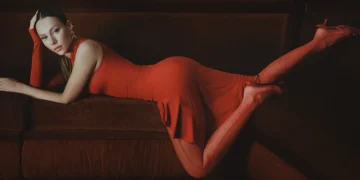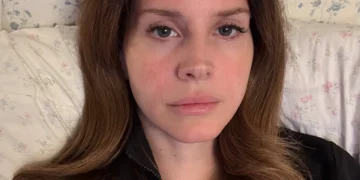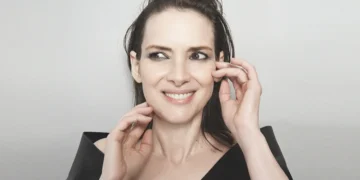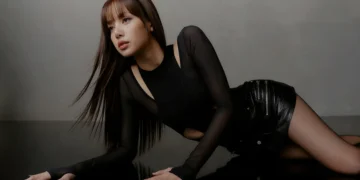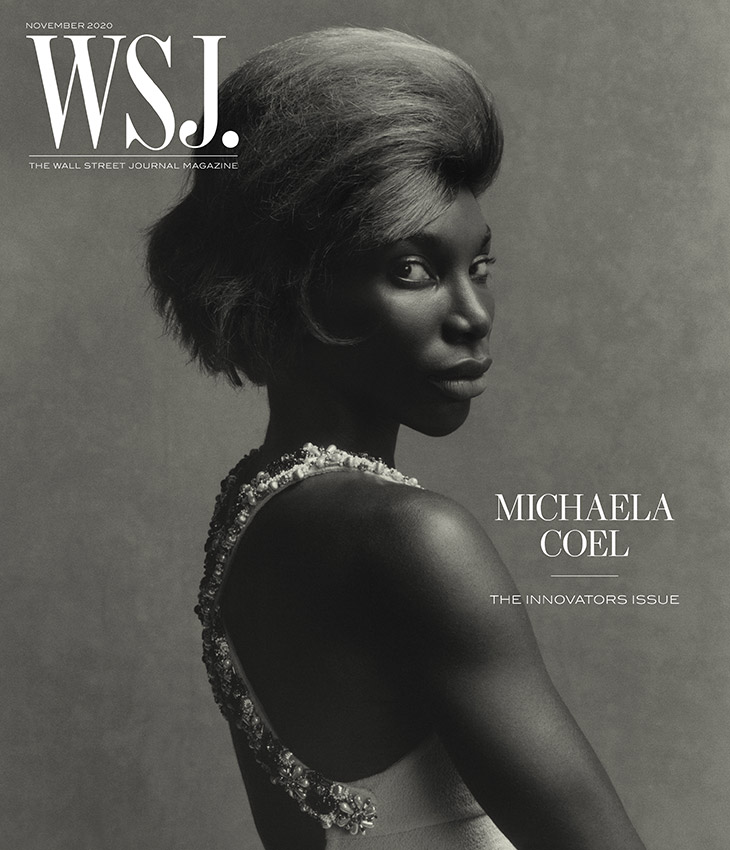
I May Destroy You creator and star Michaela Coel takes the cover story of WSJ. Magazine’s Innovator edition captured by fashion photographer Tyler Mitchell. In charge of styling was Lynsey Moore, with set design from Andy Hillman. Beauty is work of hair stylist Cyndia Harvey, makeup artist Ammy Drammeh, and manicurist Ama Quashie.
RELATED: WSJ. MAGAZINE’S MUSIC INNOVATOR OF THE YEAR: BTS
I’m in a house on a mountain, and the only other house I can see is this big because it’s that far away. And so why am I scared?. What could possibly be scary here other than me? So then I like to figure out: What is it about me that terrifies me? And that process I find very rewarding. And it keeps happening, which means there’s always more and more to discover about myself that is a new layer of Oh, my f—ing God, and that’s—it’s a horrible and great experience, but I think that drives a lot of my process – Michaela Coel
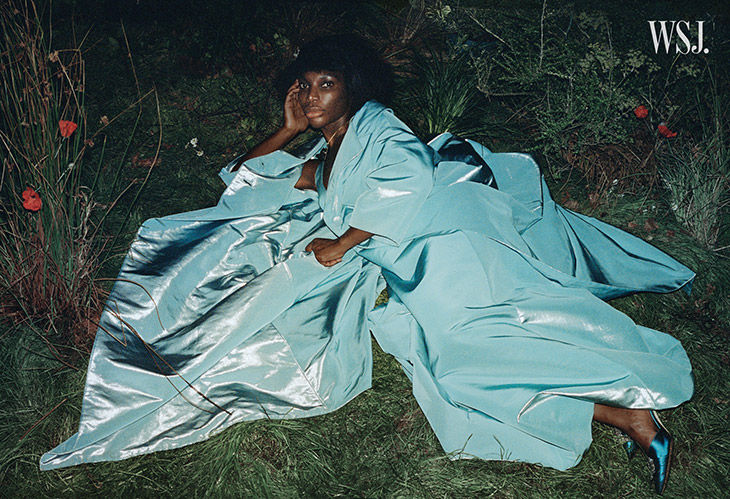
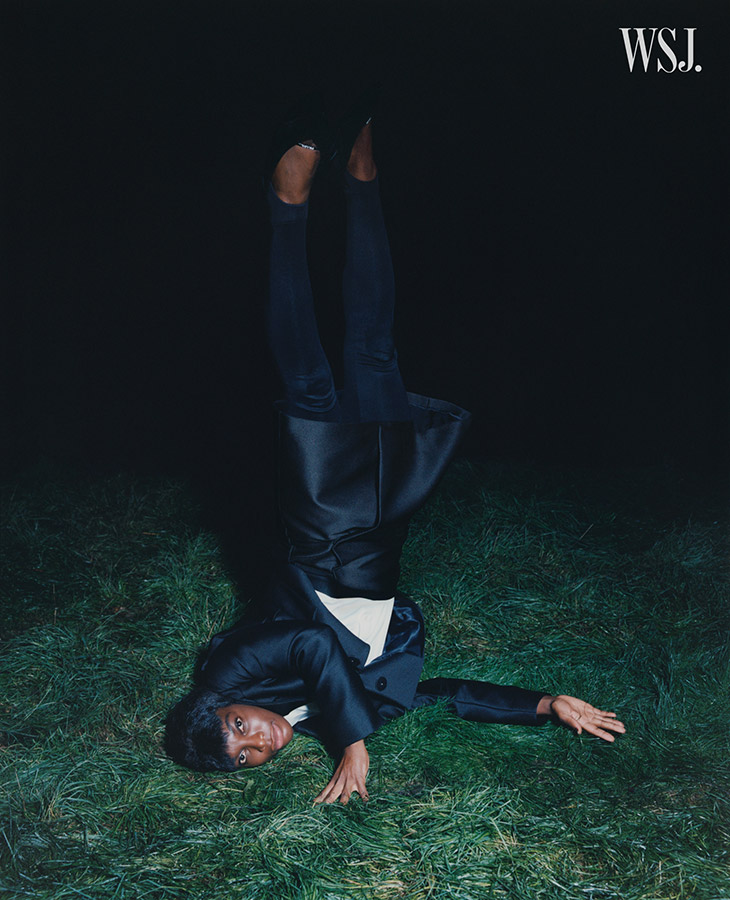
On finding humor in the pain of her assault:
“There’s a strange line, isn’t there? And I don’t know where that line is,” says Coel. “And I’m not looking for it. I think it’s just the mode that I write in. I’m sure there could have been a version of this series where it was so distasteful to…survivors of sexual assault…. But I wonder whether just having the personal experience of it means that you have a level of empathy but also a level of—I’m not here to just sit in an echo chamber listening to violin strings about my pain, because I need to move…I can’t just sit here.”
On her rebellious youth:
Growing up, Rule breaking was its own form of creativity. “It was probably a sign that my brain was creating, creating, creating and thinking around loopholes,” says Coel. “Luckily I put that into, well, church and now into writing.”
On finding Christianity:
Religion both saved her and acquainted her with contradiction. “Christianity opened me up to something beyond myself,” she says. “It brought texture into what can feel like a very two-dimensional world, and I’m obviously very into complications and texture and mystery.”
On distancing herself from religion:
“I was such an intense Christian, and I’m so lucky that I have them back in my life,” Coel says. “I think there was a lot of me going, ‘Look, I just want you to know that Jesus loves you and that God is really telling me that you need to…have a deeper relationship with Christ.’ I think they worried that I was mentally ill.”
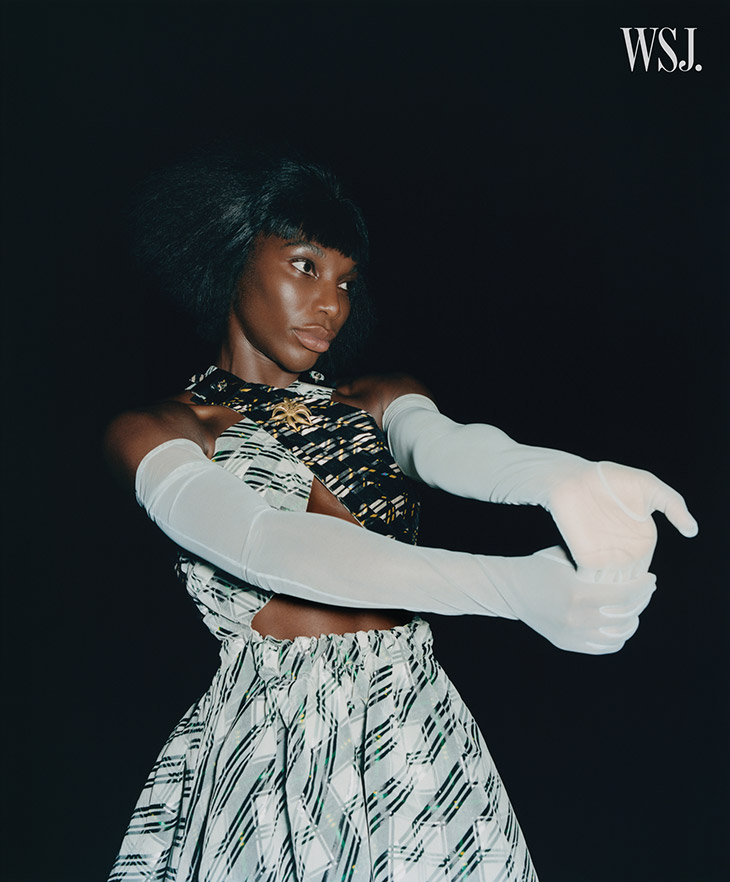
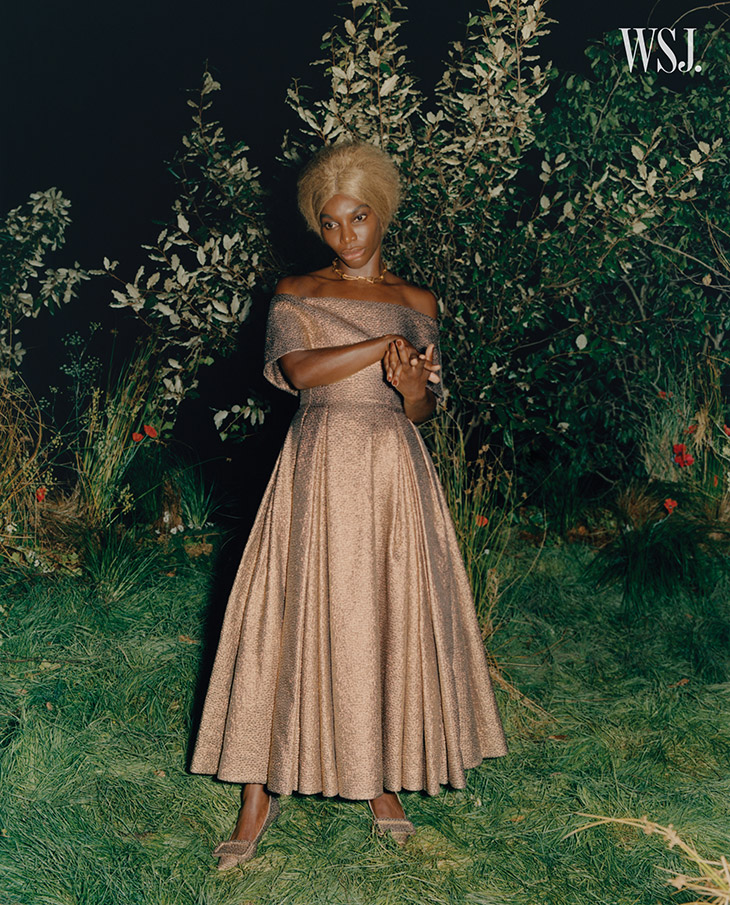
On her appearance:
She tries to dismiss comments about her appearance and bone structure, which are frequent online. “Chewing Gum was probably the time when I looked for people’s opinions, and some of it hurt quite a lot,” she says. “I don’t look anymore, because it doesn’t seem like a smart thing to do.” She squeals a high-pitched laugh. “Life is tricky enough navigating being a woman, being a Black woman, being a dark-skinned woman in England on television. It’s so hard.”
On helping other creatives navigate deals and ownership of their own creations:
“That’s so cool to me because it means that people might not make the same mistakes I made,” says Coel. “I think if you have someone that you can privately say, ‘Hey, I’m in the middle of a deal with these guys, and you’re in a deal with them…. I just wanted to know, what does your deal look like?’ I think for us it’s empowering, and the way the structures are set up we’re not very empowered. I love the fact that there is a little bit more discussion, that people are having talks at the side, creative to creative.”
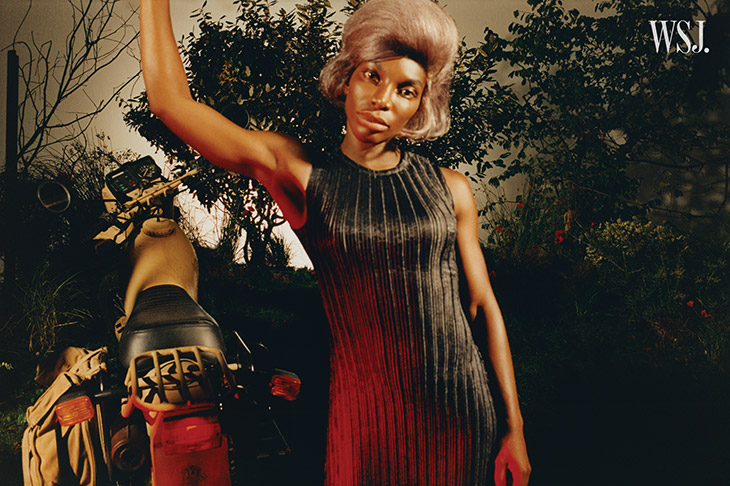
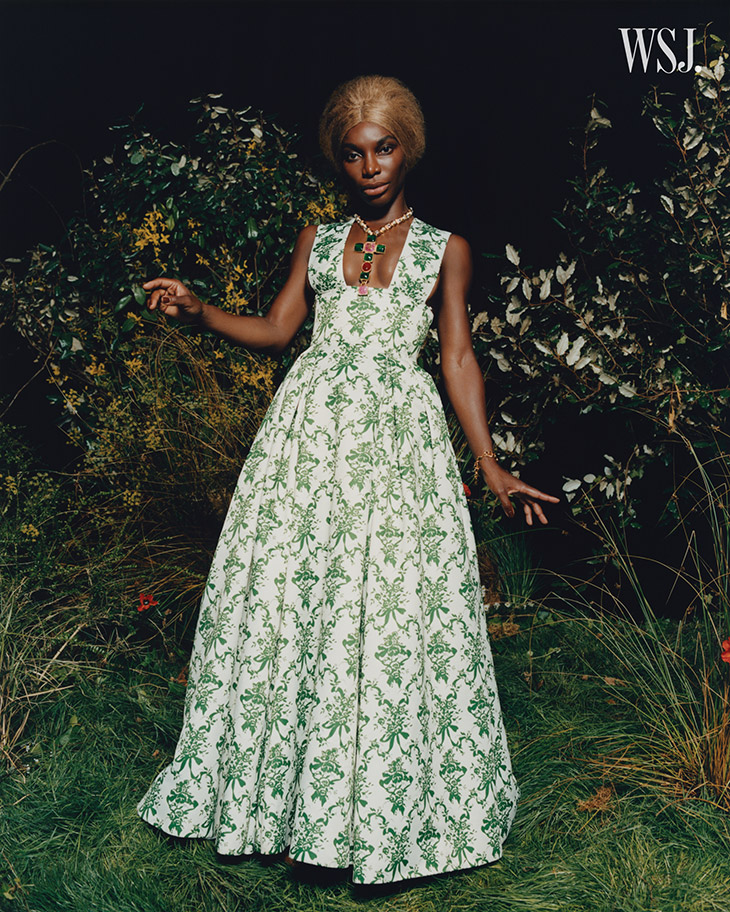
On the way her mind works:
Toward the end of this summer, Coel took her first break since leaving drama school—no writing, acting or entertaining offers. “It’s terrifying to be in this place,” she says, “but I want to sit in it because, as you know, I like fear.”
“Sometimes I analyze every single word somebody says. And I think, like, Why did they put a pronoun there? What does that mean? I’m suspicious. Too much,” she says.
She studies her own interviews, too, critiquing her fragments and explanations. “So I can’t be too extra. But as a writer…I pay so much attention to words and what people are choosing to say,” she explains. “Why did they say it? What do they really mean? How aware are they themselves of what they mean? But it can spin you out if you ever think about it. It may be that a traumatized brain is, like, paranoid, suspicious, on guard. Ready to catch you.”
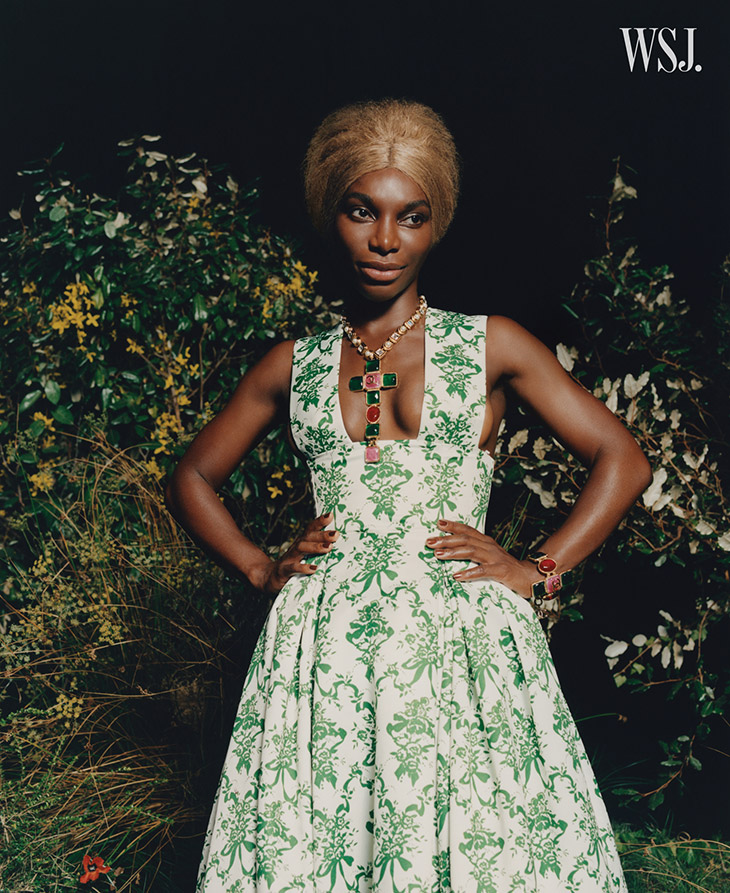
Photography © Tyler Mitchell for WSJ. Magazine. This article is featured in WSJ. Magazine’s November Issue out on newsstands Saturday, November 21st – wsj.com
